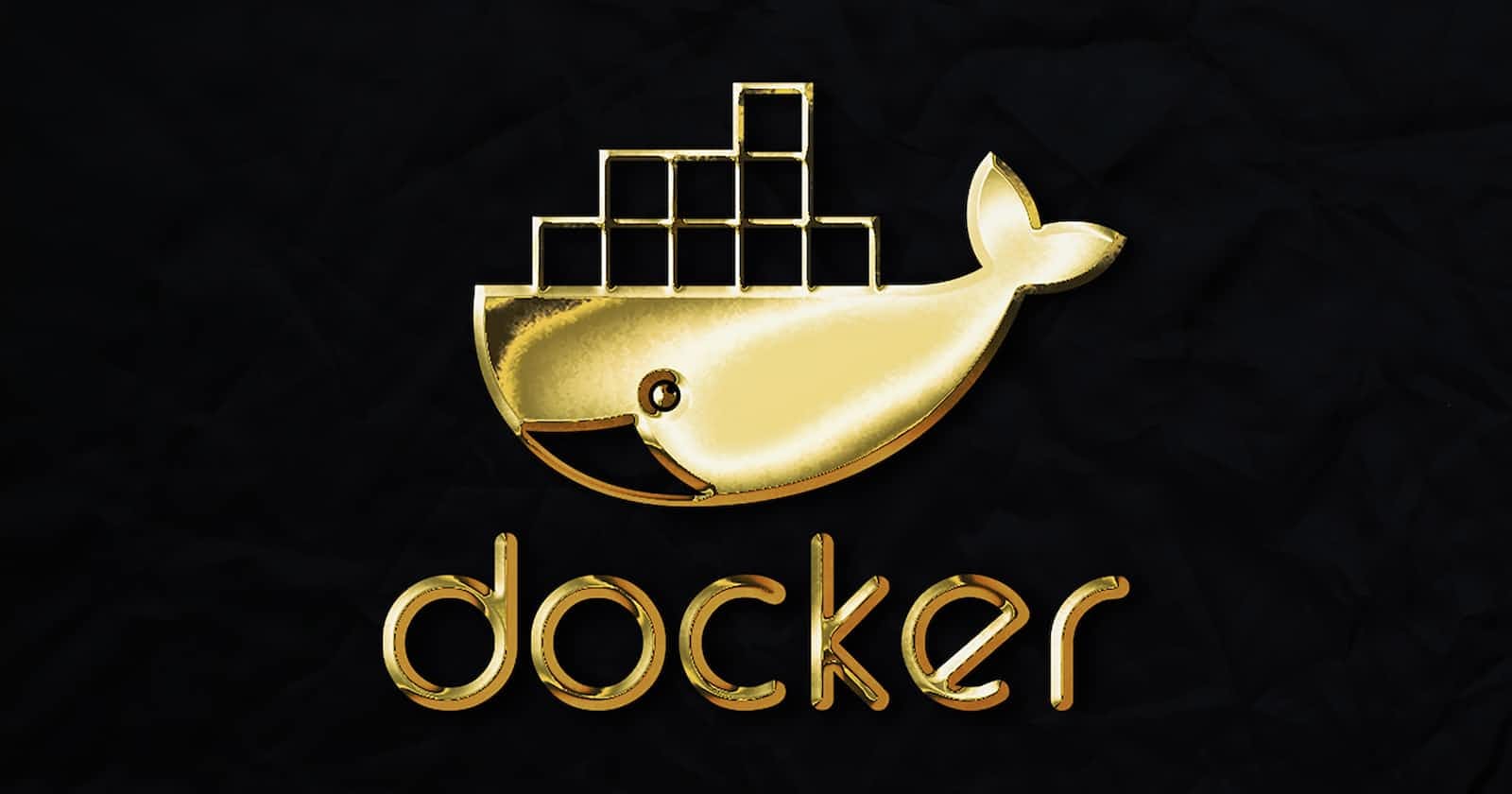Hey all,
The purpose of this blog is to demonstrate how a Docker file can be used to containerize a Django application. By exposing the port, we can access the application in the network

Pre-requisite:
Have the repo in your host machine
Docker should be installed in your host machine
Add inbound rule 8000 for exposing the application
Steps to set up the Environment:
- Firstly we should have an ec2 instance so, Create an ec2 instance[Linux-AMI] in your AWS account and add the inbound rule under security like below

- After creating the ec2 instance, log in to the ec2 instance and install the following dependencies
sudo apt update
sudo apt upgrade
sudo apt-get install git
sudo apt install docker.io
Once the above dependencies are installed then now we can clone the repo using the command below
git clone https://github.com/govaanand37/DevOps-Project.git
now move the directory pointer inside the application like below
ubuntu@ip-172-31-16-93:~$ ls
DevOps-Project
ubuntu@ip-172-31-16-93:~$ cd DevOps-Project/
ubuntu@ip-172-31-16-93:~/DevOps-Project$ cd Docker\ Proj/
ubuntu@ip-172-31-16-93:~/DevOps-Project/Docker Proj$ ls
'Simple Django Proj'
ubuntu@ip-172-31-16-93:~/DevOps-Project/Docker Proj$ cd Simple\ Django\ Proj/
ubuntu@ip-172-31-16-93:~/DevOps-Project/Docker Proj/Simple Django Proj$ ls
Dockerfile README.md devops requirements.txt
ubuntu@ip-172-31-16-93:~/DevOps-Project/Docker Proj/Simple Django Proj$
If you could see the files we have under the Simple Django project
here we have 2 important files
Docker File
Requirement.txt
Dockerfile Explanation:
here is the docker file I used for this application to containerize
FROM ubuntu
WORKDIR /app
COPY requirements.txt /app
COPY devops /app
RUN apt-get update && \
apt-get install -y python3 python3-pip && \
pip install -r requirements.txt && \
cd devops
ENTRYPOINT ["python3"]
CMD ["manage.py", "runserver", "0.0.0.0:8000"]
requirement.txt consists of dependencies to be installed while containerizing

Here is a step-by-step explanation of the Dockerfile:
FROM ubuntu: specifies the base image to be used for this Docker image. In this case, it is Ubuntu.WORKDIR /app: sets the working directory inside the container to/app.COPY requirements.txt /app: copies therequirements.txtfile from the local machine to the/appdirectory inside the container.COPY DevOps/app: copies thedevopsdirectory from the local machine to the/appdirectory inside the container.RUN apt-get update && \: update the package list inside the container and installs Python 3 and pip.pip install -r requirements.txt && \: install the Python packages specified in therequirements.txtfile inside the container.cd DevOps: changes the working directory inside the container to theDevOpsdirectory.ENTRYPOINT ["python3"]: sets the default command to run when the container starts aspython3.CMD ["manage.py", "runserver", "0.0.0.0:8000"]: sets the default arguments for the command. In this case, it runs the Django web server using themanage.pyfile and listens on all available network interfaces (0.0.0.0) on port8000.
Build and run docker container:
we can build the container using the below command
sudo docker build . -t django-app
This command builds a Docker image from the Dockerfile in the current directory, and tags it as Django-app, and stores it in the local Docker registry.
once this command started, it will take some time to create Container image because it will download Ubuntu and install all the mentioned dependencies

After creating the Image, we can see the created image with all dependencies by running the below command
sudo docker images

here we can see the created image now let's run that in a container using the command below
sudo docker run -p 8000:8000 -it django-app
This command runs a Docker container using the Django-app image that was previously built. The container will run a Django web application and map the container's port 8000 to the host machine's port 8000. The -it option attaches an interactive terminal to the container, allowing you to interact with it.

After executing this command, Docker will start the container using the Django-app image and map its port 8000 to the host machine's port 8000. The container will run the Django web application with the specified settings, and the interactive terminal will be attached to it, allowing you to interact with the container's command line. You can use this container to host and test your Django application.
Now we can hit the public IP of our ec2 instance to see the app interface as below.
<publicipofec2>:8000/demo
This is the output of the Django app that runs in our container.



